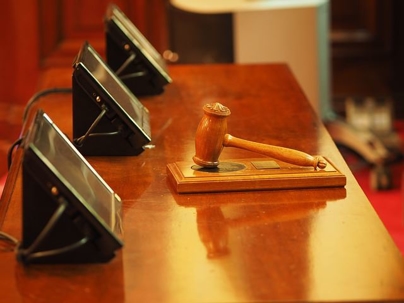Last month, in State v. Sample, the Maryland Court of Appeals issued a critical decision, clarifying the burden for authenticating social media evidence for admission at trial. The Court overturned the Court of Special Appeals’ opinion, which found the circuit court abused its discretion in admitting social media evidence against the defendant, because that evidence had not been properly authenticated. Critically, in overturning the Court of Special Appeals and reinstating the defendant’s conviction, the Court provided detailed clarification of the appropriate burden for authenticating social media evidence that may, in practice, serve to lower that burden for the State.
The intermediate appellate decision reversed by the Court of Appeals in Sample had held that the circuit court should not have admitted evidence that the defendant “unfriended” his accomplice (a deceased “codefendant”) on Facebook the day after the crime, because the state had insufficiently authenticated that evidence. In reversing, the Court of Appeals relied on State v. Sublet, its last decision articulating the standard for authentication of social media evidence, and explained that in Sublet, it had held that “to authenticate social media evidence, there must be proof from which a ‘reasonable juror’ could find that the evidence is what it purports to be.” In issuing the instant opinion in Sample, reiterating the aforementioned language from Sublet, the Court held that there was “sufficient circumstantial evidence” for “a reasonable juror” to find that the Facebook profiles at issue belonged to the defendant and his accomplice, and that the defendant was the one who affirmatively “unfriended” the accomplice.
Beyond simply reaffirming Sublet’s “reasonable juror” standard the Sample court also elaborated discussed the standard in a manner that may function to lower the evidentiary bar from how it was originally articulated in Sublet. For the first time in Sample, the Court explicitly held that the “reasonable juror” “test” or burden previously adopted in Sublet is synonymous with a burden to establish a fact by a preponderance of the evidence. The Court reasoned that “for a trial court to admit social media evidence, there must be sufficient evidence for a reasonable juror to find that the social media is authentic by a preponderance of the evidence.” It further explained that “requiring the state to somehow conclusively disprove that someone other than [the defendant] was responsible for the unfriending would establish too high a standard for authenticating social media evidence.” It remains to be seen whether, once jury trials start up again in October, circuit courts will apply this new version of the authentication standard to make it easier for the State to admit social media and messaging evidence against a defendant, or whether they will fall back on the way the standard was articulated in Sublet instead.
Nathans & Ripke LLP is a highly respected advocate for individuals and businesses involved in a broad spectrum of civil disputes. With offices in Annapolis, Baltimore and Greenbelt, we represent clients across Maryland and the Washington, D.C., region.

